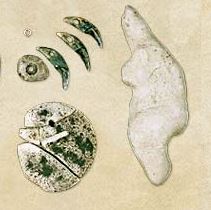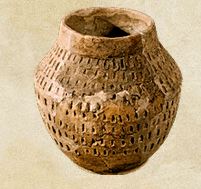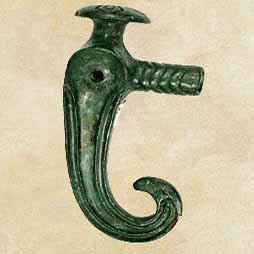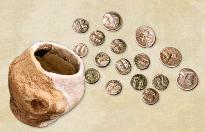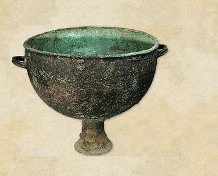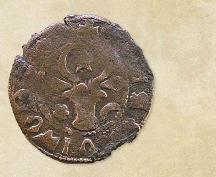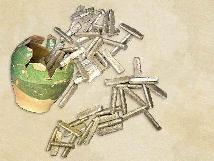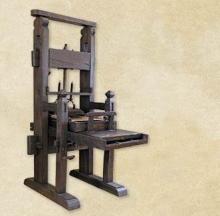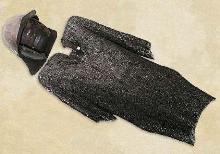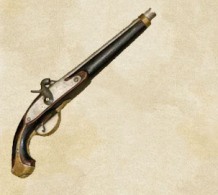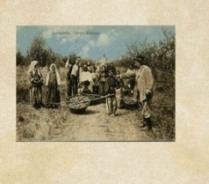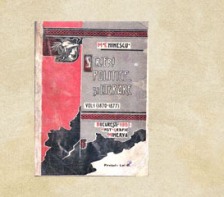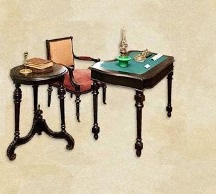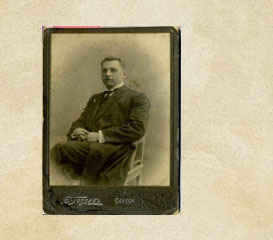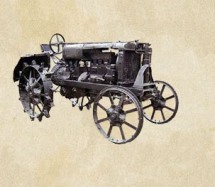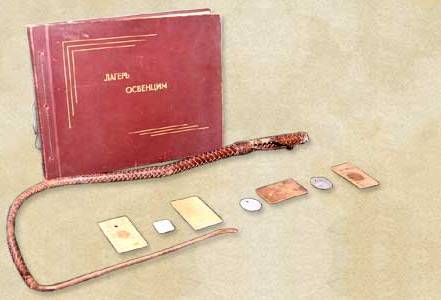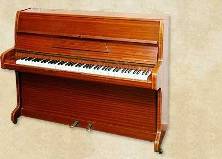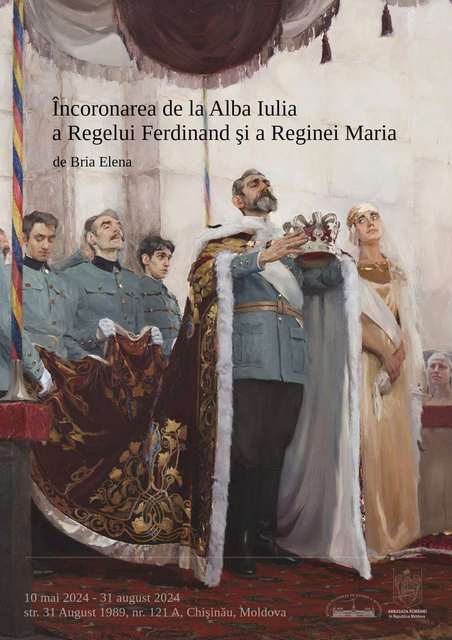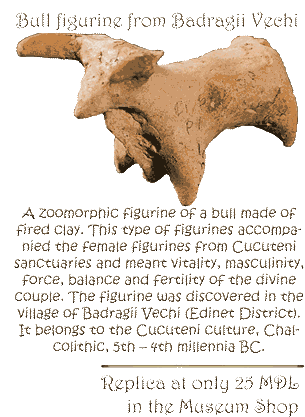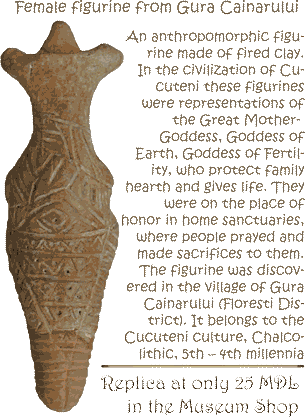  Events Archive Events Archive
Poetry recital and contest „Ştefan cel Mare and the battle of Vaslui in the work of classical and contemporary Romanian authors”
January 10th, 2016
On January 10th were marked 541 years of the glorious victory of ruler Ştefan cel Mare in the Battle of Vaslui. On this occasion, the National Museum of History of Moldova held a poetry recital dedicated to Ştefan cel Mare's manhood and heroism. The recital and contest were organized by the Academy "Ştefan cel Mare", Association "Military traditions" and the host institution. The event aimed at promoting the interest among younger generation for national history and great personalities of our nation, for culture and art; stimulating creativity and originality; developing capacity to perceive and express the literary work in verse.
The contest on patriotic poetry brought together about 30 students from various educational institutions in Chișinău - Theoretic Lyceums „Ion Creangă", „Mircea Eliade", „Mihai Viteazul", „Universul" and „Grătiești", Gymnasiums „Decebal", no. 74 „Viorel Găină" and no. 53 - who recited verses signed by classical and contemporary Romanian authors.
1st Prize was awarded to brothers Nicu and Bogdan Glavan (Theoretical Lyceum „Mihai Viteazul"), with the poem „Victoria de la Vaslui" by Maria Botnaru; 2nd Prize award went to Veronica Burbulea (Theoretical Lyceum „Ion Creangă"), with the poem „Ştefan la Daniil Sihastru" by Radu Gyr; 3rd Prize was granted to Anastasia Roșu (Theoretical Lyceum „Universul"), with the poem „La Putna" by Leonida Lari. The jury also awarded six special mentions - for expressivity, oratorical talent, artistry, tenacity, originality and courage - to the following participants: Nicolae Odagiu (Theoretical Lyceum „Mircea Eliade"), Gheorghe Argint (Theoretical Lyceum „Universul"), Aurelia Rusu (Theoretical Lyceum „Universul"), Simion Grati (Gymnasium „Decebal"), Ion Cazacu (Gymnasium „Decebal") and Maxim Osadcii (Theoretical Lyceum „Universul"). Also, all students who participated in the poetry recital about Ştefan cel Mare were granted with diplomas and various prizes.
The prizes were awarded by a jury formed of: Aurelia Cornețchi, deputy director of National Museum of History of Moldova; Ion Tentiuc, head of Archaeology and Ancient History Section of National Museum of History of Moldova; Elena Carp, head of Publications Loan Service of National Library; Diana Cebotari, senior lecturer of Centre of European integration formation and international police cooperation of Department for professional and management development of „Ştefan cel Mare" Academy; Ina Balan, senior lecturer of Centre for professional communication and foreign languages of Department for professional and management development of „Ştefan cel Mare" Academy.
The competitors and their relatives, jury members and museum visitors spent almost two hours in company of patriotic poetry and music offered by Gicu Afrone, solo singer of ethno-folkloric group „La poarta lui Ştefan Vodă" and Victor Botnaru, university professor from the Academy of Music, Theatre and Plastic Arts, master of arts.
|





















